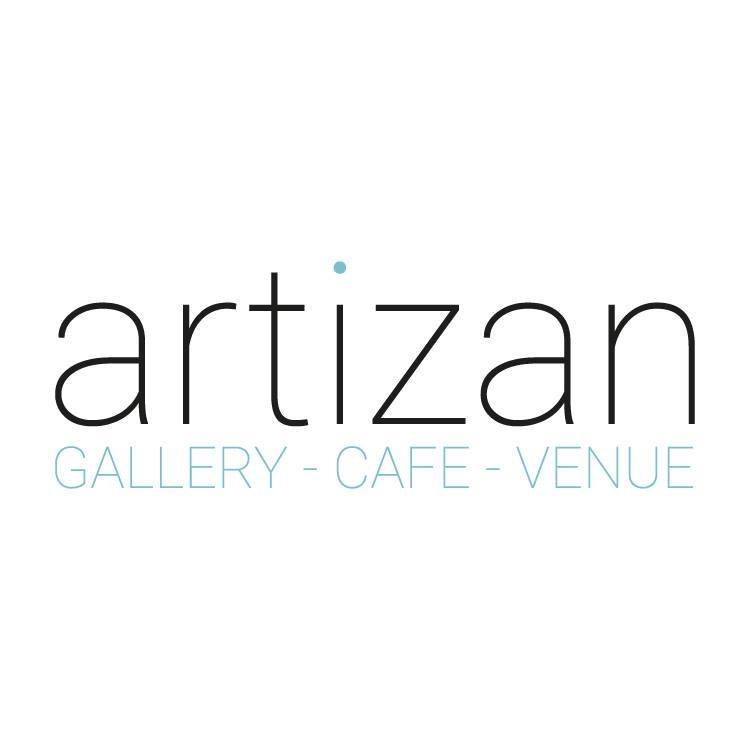
Jacob Brandon, Creative Consultant Artizan Gallery
Our answer might differ from some other galleries. We have a broad focus on how we can support our community of artists and how they in turn can contribute back to our communities. So for us, we expect any artist who makes an approach to the gallery to engage with this ethos in the knowledge that any relationship we will have is a reciprocal one. They don’t work for us and we don’t work for them, but collectively we contribute to and support the growth of a mutually beneficial, strong arts economy in our area.
Really, we’re looking for people who have an understanding that they do not exist in a bubble and that there’s a contribution to be made to the collective whole if they want to see their own success. We don’t expect this to come pre-formed, but we’ll share our passion for this mindset with the artists who approach us and the ones who can embrace it will certainly find they get more out of working with us.
Our advice would be, get to know the “why” of a gallery as well as the “how”. Commissions, fees and criteria are obviously of practical importance, but the principles, ethos and character of a gallery are the shared ground through which you will maintain a successful relationship.

Alice Bonnot, Independent Curator, and Director of Picnic Gallery
If you have already managed to approach a gallery (or any exhibition space) and create favourable contact, congratulations, the hardest part is done. However, do not underestimate the importance, and sometimes the difficulty, of maintaining this – which like every long-lasting relationship must be nurtured over time.
This is true if you are trying to work with a gallery for the first time, or if you want to work with them again (after a successful first experience). In both cases, it is important that galleries can follow your work and its progress. For this, I advise artists to send galleries relevant e-news with invitations to upcoming exhibitions, open studios, talks, end-of-residency shows or other artistic-related information.
They should also be invited to your studio to see new series of work in the flesh, as face-to-face interactions are more meaningful than virtual ones, especially at the beginning of this new relationship. Attend their exhibition openings to show your enthusiasm and interest, and don’t hesitate to pass by few weeks later to get a chance to have a proper chat. As everyone knows, openings are busy and stressful times for hosts, and they rarely have time to talk to every guest.
Do all of this with courtesy and professionalism. Be transparent and honest.
Head to PART 1 of this article for more insights..
Let us know you want us to write more content like this with a love!
Share







